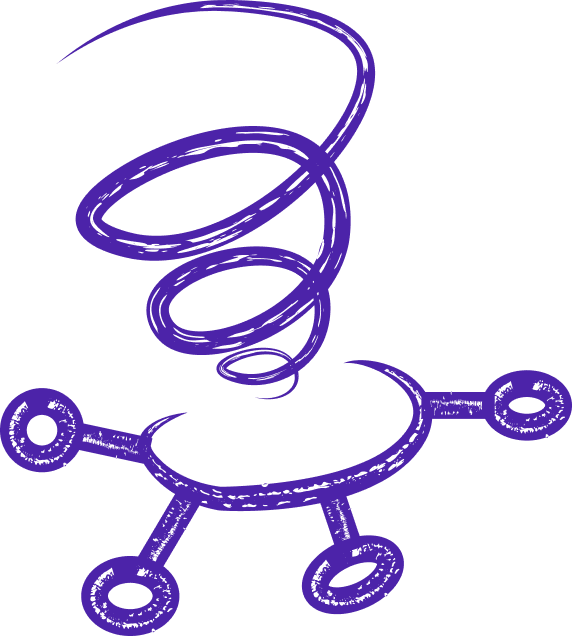
what is soap simple object access protocol
SOAP (Simple Object Access Protocol)
SOAP is based on XML (eXtensible Markup Language), a language designed to structure, store, and transport data across different platforms. XML provides a flexible and platform-independent way to represent data, making it an ideal choice for exchanging information between heterogeneous systems. SOAP leverages XML to define its message structure, making it easily understandable and extensible.
The primary objective of SOAP is to enable interoperability between diverse applications and systems, allowing them to seamlessly communicate and share data. It achieves this by providing a standardized set of rules and protocols that define how messages should be formatted, transmitted, and processed. SOAP messages are typically sent over the internet using HTTP, which ensures compatibility with existing web infrastructure.
A SOAP message consists of an envelope, which encapsulates the entire message, and a set of rules for encoding data types and representing method calls and responses. The envelope contains two main parts: the header and the body. The header carries optional information, such as authentication credentials or metadata, while the body contains the actual payload of the message, including the method being called and its parameters.
One of the key advantages of SOAP is its ability to support different transport protocols, allowing it to be used in a variety of scenarios. For example, it can be employed in web-based applications to enable remote procedure calls (RPCs) between a client and a server. It can also be used in enterprise environments to facilitate the integration of disparate systems, enabling seamless communication between different departments or business units.
Moreover, SOAP supports a wide range of data formats, including plain text, XML, JSON (JavaScript Object Notation), and more. This flexibility in data representation allows developers to choose the most suitable format for their specific needs, ensuring compatibility and ease of integration.
However, it is worth noting that SOAP can be relatively complex compared to other web service protocols, such as REST (Representational State Transfer). It requires the use of additional libraries or frameworks to generate and parse SOAP messages, which can increase development overhead. Additionally, SOAP messages tend to be larger in size compared to other protocols, which may impact performance in bandwidth-constrained environments.
In conclusion, SOAP (Simple Object Access Protocol) is a versatile and widely-adopted messaging protocol that enables seamless communication and data exchange between different software applications. By leveraging XML and a standardized set of rules, SOAP ensures interoperability across diverse platforms and systems. While it may introduce some complexity and overhead, SOAP remains a powerful tool for building robust and interoperable web services. SOAP, or Simple Object Access Protocol, is a messaging protocol that allows programs running on different operating systems to communicate with one another over the internet. It is a lightweight protocol that uses XML to define the format of the messages being sent between applications. SOAP is often used in web services to facilitate communication between different systems, allowing them to exchange data and invoke methods on remote objects.
One of the key features of SOAP is its ability to provide a standard way for applications to communicate, regardless of the programming language or platform they are running on. This makes it a popular choice for integrating disparate systems and building distributed applications. SOAP messages are typically sent over HTTP, making it easy to work with existing web infrastructure.
Overall, SOAP is a powerful tool for enabling interoperability between different systems and applications. By using a standardized messaging protocol like SOAP, developers can create robust and scalable solutions that can easily communicate with other systems. Its flexibility and ease of use make it a popular choice for building web services and integrating disparate systems.
Let’s build your next digital product — faster, safer, smarter.
Book a free consultationWork with a team trusted by top-tier companies.








